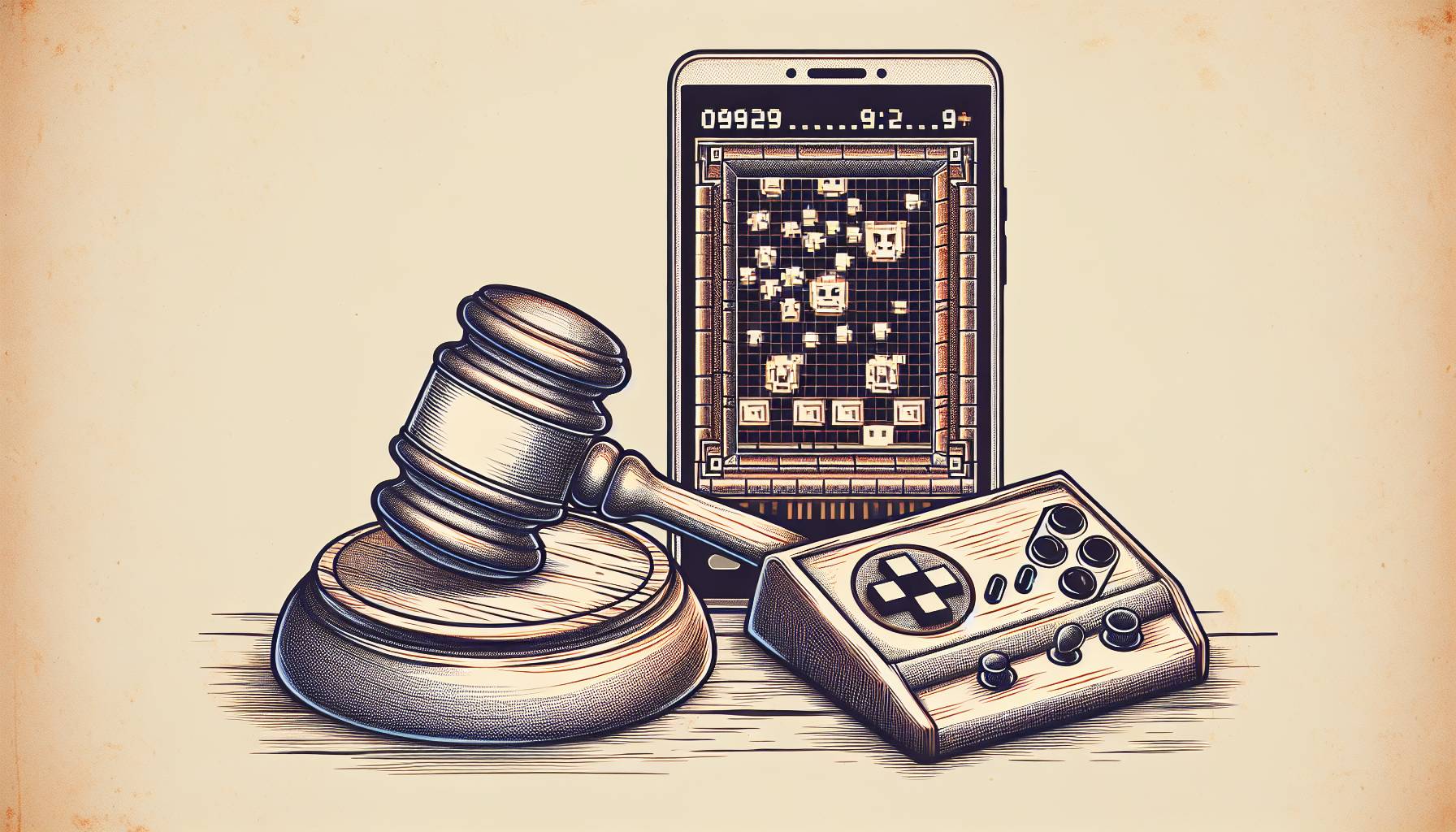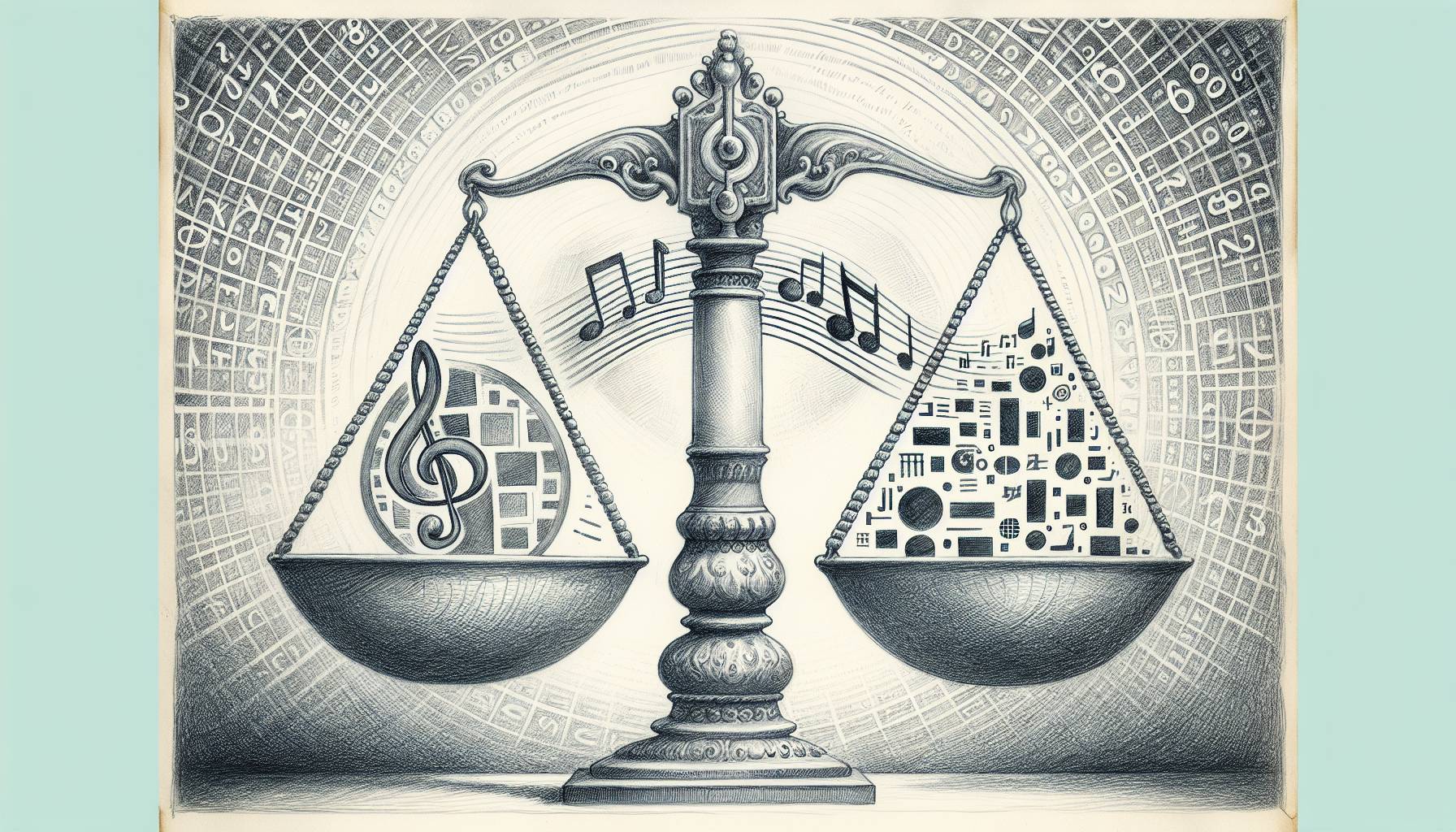The ongoing saga of Apple and Samsung slugging away at each other in patent courts all over the world continues, but in the U.S., the iPad maker has been stalled slightly in its attempts to get Samsung products banned from store shelves.
PCWorld has the story, detailing the ruling of District Court Judge Lucy Koh on an Apple request for a preliminary injunction against four Samsung products. Koh ruled that Samsung could keep on selling its Infuse 4G, Droid Charge and Galaxy S 4G smartphones, as well as its Galaxy Tab 10.1, in U.S. stores. But the case is far from over, and Apple will likely continue to try to get Samsung products banned over patent infringement issues.
This is just the latest in a series of patent fights between the two companies taking place all over the world, and Apple has actually won quite a few of them. At one point or another in the last few months, Apple has won injunctions against the sale of Samsung tablets and smartphones in Germany, Australia and The Netherlands. Apple claims Samsung “slavishly” copied the look and feel of its iPhone and iPad in the cases, and has been fighting to get both Samsung smartphones and its Galaxy Tab line of tablets banned in several countries.
Samsung has been fighting back with patent claims of its own, attempting to get Apple’s products banned with its long list of smartphone and cellular phone technology patents. But recently, Samsung backed off on getting the iPhone 4S banned in its home country of South Korea because of the public relations fallout that would result from angry customers being denied access to Apple’s device.
Back in the U.S., Apple claims that Samsung has infringed on design patents for the iPhone and iPad, as well as a software patent for scrolling lists, PCWorld reports. Koh said she found some merit in the software patent infringement claim Apple put forward, but said that Apple has failed to show that its business would be “irreparably harmed” without her filing an injunction against Samsung. Since Apple can’t seem to show that an injunction is absolutely necessary, the judge is inclined to hold off on banning Samsung’s products until the case has been heard completely.
Koh also somewhat shot down Apple’s design claims. In terms of the iPhone claims, she wrote in her ruling, “a size that can be handheld, a screen that encompasses a large portion of the front face of the smartphone, and a speaker on the upper portion of the front face of the product are non-ornamental.” Apparently, it seems that Apple was unable to show the major portions of its patent were different enough from those of other companies to warrant banning Samsung’s devices.
For the iPad design patent, Koh wrote that Samsung has raised questions about the validity of Apple’s patent. In terms of banning the devices, she wrote that it the case is too tough to call outright, and she refused to file the injunction for fear of wrongly forcing Samsung to pull its devices off the market.
Meanwhile, in Australia, the ban on the Galaxy Tab 10.1 has been extended to Dec. 9, and it seems there’s no end in sight for Apple and Samsung patent lawsuits. Whether all those legal troubles are worth it is yet to be seen. Despite Apple’s victories, Samsung still surpassed it in smartphone sales during the quarter that ended on Sept. 30.












